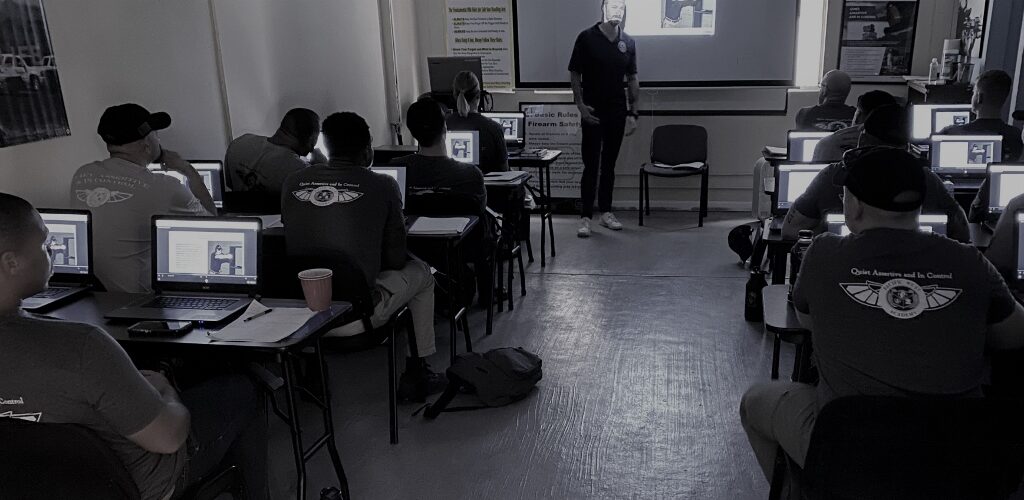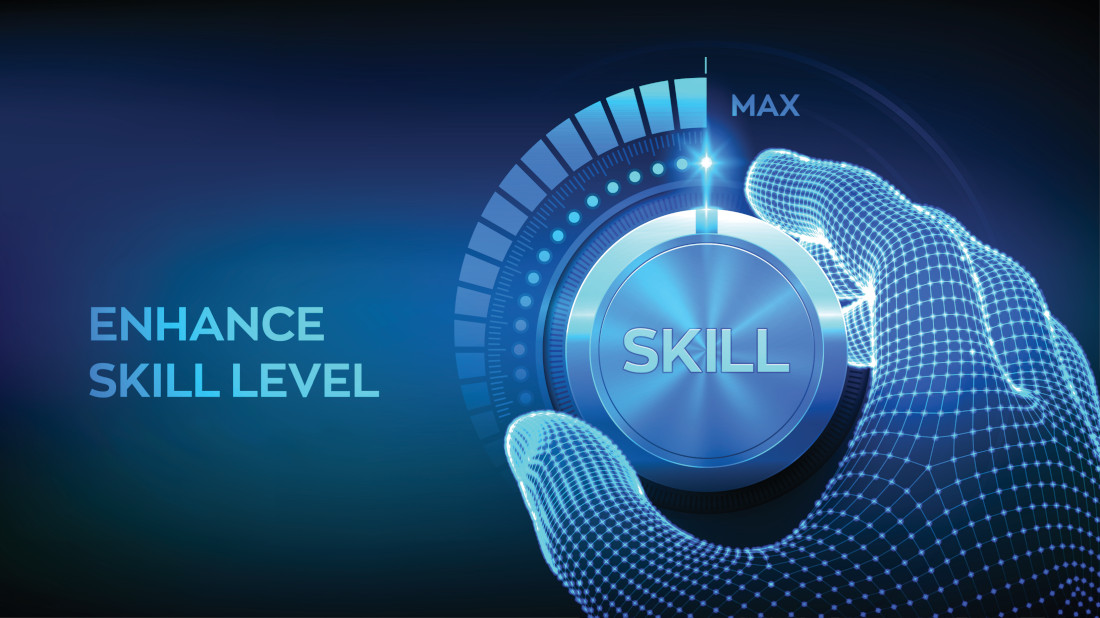

Executive Protection Professional Development
Executive Protection Professional Development
Every real professional knows that they can always learn something new. Times change, places change, people change and an Executive Protection agent’s ability to adapt to any situation becomes a virtue. You can always just wing it, sure, but if you professionally develop yourself by training with different individuals in different disciplines you will not have to “wing it” nearly as much.
High level military and law enforcement units consistently train, so why in the high-level protection profession would you just settle for where you are at? There are many reasons why you may not be able to train or take development classes, but there are two primary reasons that plague most professionals: laziness and arrogance.
Laziness catches all of us at some point. Long days turning into long weeks can drain anyone. Suddenly you have not trained or read or set up future training events, for weeks. We all know that when you fall into that quicksand, its too easy to stop doing anything and just sink in. Doing this will most certainly lead to your readiness, reaction time and personal appearance diminishing. All of which are necessary skills for an Executive Protection agent.
Arrogance is the most dangerous of the two. It leaves agents blind to what the needs of the client are and even worse, can make an agent pass over information that may be useful during a detail because they have it all figured out, in their perspective. They end up “sitting on a throne of experience.” They have done something in the past and therefore they know how to do it perfectly and better than most at any given moment for the rest of their life. No matter their physical fitness level, they can handle anyone; no matter their position in the industry, they know everything because they have done a few details.
Do not fall into any of these pits. Keep you mind open to learning. Here are a few main areas to continue developing as an Executive Protection agent.
Physical Fitness
A protection agent must be physically fit. An agent needs to keep up a physical fitness level akin to special operations unit members. There are long days standing, walking, running, carrying, etc. You want to be able to perform in the most stressful environments should something go wrong. If necessary, can you carry your client to safety? If not, you may want to get stronger. If your client goes for a jog, can you keep up? If not, you may want to work on your endurance. Try to stay functionally fit, this will help you maintain a high energy level through those long days.
Hand to Hand Skills
At some point in your career you will probably have to put your hands on someone. I am not just referring to punching someone in the face, however. Yes, you absolutely need to know how to defend yourself and your client should the need arise. But you should also try to learn techniques that may be discreet but direct with fans or paparazzi. Tactics just to move someone, not injure them. Knowing both the soft manipulation and hard fighting techniques will make you a more well-rounded agent. Train once a week at minimum in a discipline such as boxing, kickboxing or Jiu Jitsu, this will prepare you to defend yourself from someone during an attack. On top of that, however, keep in mind that softer techniques that are unnoticeable to the general public will be used much more often in your day to day as an Executive Protection agent.
Driving
Driving is the beginning and ends up being a primary job duty as a protection agent. It may be safe to say that an agent spends one quarter to half of his time working, in a vehicle. If this is the case, you need to train driving techniques just like anything else. Driving your personal vehicle everyday does not count. Most people drive to where they are going in a manner not suited to have a passenger in the car. Additionally, a fair amount of people aren’t even paying attention to what is going on while they drive to and from work. Get some professional training behind the wheel occasionally. Talk with race car drivers and limo drivers alike. You will ne the ability to drive like a bat out of hell, but more often than not, you will need the ability to be smooth, like a good limo driver.
Pre-Event Indicators
An Executive Protection agent’s best tool is his/her ability to plan ahead and spot something wrong before it happens. Horrible things can happen in the blink of an eye and noticing them before that blink may save someone’s life. Look up and follow current attacks, try to learn from the events, what indicators can you look for. Take courses on indicators and run statistical analysis on events to give yourself the best chance to understand the probability of risk your client faces in the time and location they are going to. You may not be the only wolf on the field, finding the other before they strike is an agent’s best weapon.
Anxiety/ Nerve Control
Simply put, do things that make you nervous or uncomfortable. Your body needs to feel what it is like in these situations in order to be able to function properly should a real hazardous situation arise. In a fight or flight moment, if you have not been in a situation similar in over ten years, your body and mind may not respond in a similar manner to the previous time. Do something that excites you but makes you nervous to a degree. Some ideas might be skydiving, riding a motorcycle, sparring or fighting (at a gym), driving a racecar or competition in any capacity. All of these can bring the butterflies to your stomach to some degree when pushed, and they will help you overcome tense situations as an agent.
The Certified Executive Security Specialist program at Pacific West Academy covers all these dynamics.
